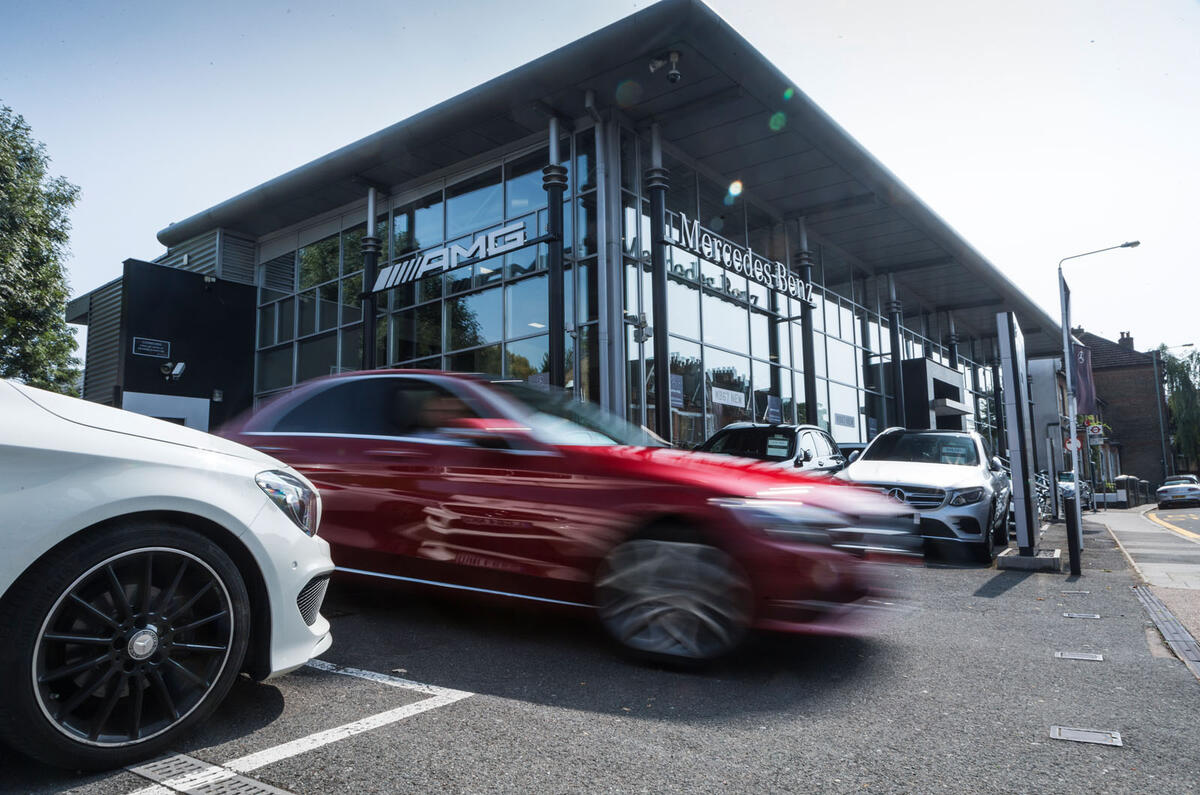One of the biggest Mercedes dealers in the UK, Penske, has said profits on new car sales have increased after the German car maker rolled out the new ‘agency’ sales model at the start of the year.
“Overall, we’ve been quite satisfied with it at the moment,” CEO Roger Penske said on an earnings call to analysts on Wednesday.




Add your comment